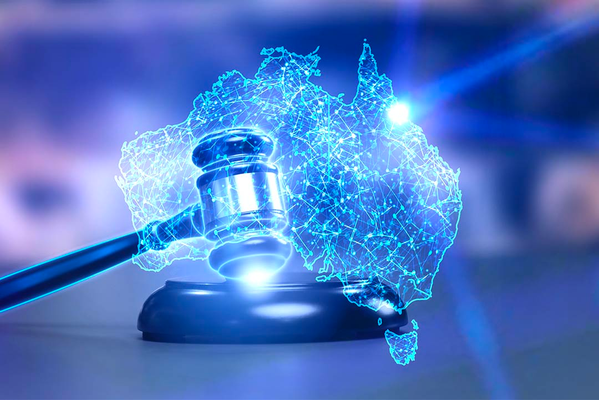November 2023

Lord Chris Holmes introduced The Artificial Intelligence (Regulation) Bill in the UK House of Lords, which mandates the establishment of a dedicated AI Authority responsible for enforcing the regulation. The Bill defines AI and sets up regulatory principles and sandboxes to support innovation. It also proposes the appointment of AI responsible officers and enforces transparency, IP obligations, and labelling. It remains uncertain whether the Bill will be adopted, but AI regulations are gaining momentum worldwide. It is crucial to prioritize the development of AI systems that promote ethical principles such as fairness and harm mitigation. Holistic AI offers expertise in AI governance, risk, and compliance.

Different countries have taken different approaches to promoting responsible AI, with the EU leading the way with its trio of laws targeting AI and algorithms. The UK has taken a light-touch approach through white papers, while the US has introduced laws at the state, federal, and local levels. China and Brazil have also passed multiple laws regulating AI. Australia’s AI Ethics Framework Discussion Paper proposes eight core principles for responsible AI, but the Australian government has yet to implement them into regulatory or legal requirements. Australia’s AI Action Plan outlines the government’s vision to position Australia as a global leader in responsible AI, but legal action has been taken against the government for failures of its automated debt recovery tool robodebt. Responsible AI is becoming increasingly important to avoid harm, minimize liability, and avoid reputational damage.

Lawmakers around the world, including in the Western world and South America, are proposing laws to codify responsible artificial intelligence (AI) practices. Brazil has proposed three AI laws, with the latest bill, 2338/2023, taking a risk-based approach to AI regulation and placing human rights at its center. The bill requires that entities ensure transparency and mitigate biases, particularly in high-risk AI systems. Obligations under the bill are dependent on the level of risk posed by a system, with penalties for violating the bill ranging from fines to a suspension of the development or supply of the AI system. Companies developing and deploying AI will soon have a wave of legal requirements to navigate, and compliance is vital to promote safe and ethical AI.

US President Joe Biden signed Executive Order 14110 on the Safe, Secure, and Trustworthy Development and Use of Artificial Intelligence on 30 October 2023, in a bid to promote responsible AI use and encourage innovation while avoiding bias, discrimination, and harm. The order defines AI as "a machine-based system that can, for a given set of human-defined objectives, make predictions, recommendations, or decisions influencing real or virtual environments" and requires the National Institute of Standards and Technology to establish guidelines for trustworthy AI systems. The order also covers dual-use foundation models, Infrastructure as a Service products, synthetic content, equity and civil rights, and healthcare.

09 Nov 2023
More than a third of companies use artificial intelligence (AI) in their business practices, with an additional 42% exploring how the technology can be utilised, but there are risks involved if appropriate safeguards are not implemented, according to a blog post by Holistic AI. The potential for AI to breach existing laws has attracted the attention of regulators worldwide, with the EU AI Act aimed at becoming the global standard for AI regulation. Existing laws are often applied to AI cases, including non-discrimination laws or for violating data protection laws, resulting in significant penalties.